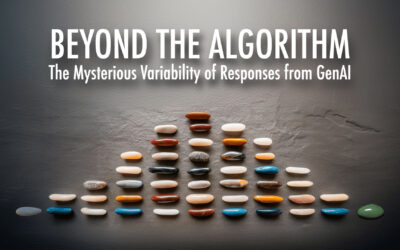I recently received the following email:
Sir, I was reading the article in Wikipedia on ‘Samarangana Sutradhara’ (King Bhoja’s treatise on Architecture). I was of the impression that there is no translation of the work in English. Though the article says that there is a translation by you of the work, the list of your works and publications on your webpage does not include any such work. Kindly let me know if you have indeed translated the treatise. If so kindly let me know how I can access a copy.
The fact that I had translated this ancient Sanskrit treatise came as a surprise to me.
I found the wikipedia entry and guess what, what the email said was indeed true. The exact words were:
Here are some verses from Samarangana Sutradhara, which describes characteristics a “sthapati” i.e. architect (based on translation by Punya Mishra).
Here is a screenshot of the wikipedia page (for the record), click on it for a larger image
So how did this come to pass?
As it turns out, many years ago I had a series of writings on my website called a-musings. This is before I had a blog, in fact, before even the idea of blogging had entered the general consciousness. One of the pieces I had written was about the ‘Samarangana Sutradhara.’ You can read the original article here: Where is the wisdom we have lost in knowledge? What the ancient science of Vastushastra can teach us today. In this article I had quoted some text from the ancient treatise based on a handout I had received when I was a student at the Industrial Design Center. If my memory serves me right, this handout was given to us by Professor Kirti Trivedi for a course on Indian Thoughts and Traditions. I have no idea where that translation came from – but I had carried the handout with me when I came to the US, and it was from there that I had gotten the text. Of course my mistake was not making that attribution to Professor Trivedi in my original writing. I guess someone who was creating the wikipedia entry did a web search and came up with my page and assumed that I had made the translation. Strangely enough they did not include a link to my article!
A look through the history log for the article shows that the mistaken attribution was made at the very beginning. The page was created back on December 13, 2005 – and the first draft (see here) had the mistaken attribution in it.
As errors go, this is a relatively minor one. I use Wikipedia pretty much every day, and will continue to do so. However, this story does reveal a problem with the Web 2.0 shared authorship model. Essentially topics that do not have a large avid following will not receive the same level of scrutiny and editorial effort as ones that do. For instance, I am sure an error this nature, for instance on the wikipedia page on the TV series House would be caught and corrected immediately. This form of “accumulated advantage” (a.k.a. the Matthew Effect) has been observed in many other phenomena (Wikipedia page here). This is a huge problem for Wikipedia (and other such aggregators of user generated content) and something that needs to be addressed in the near future.





0 Comments